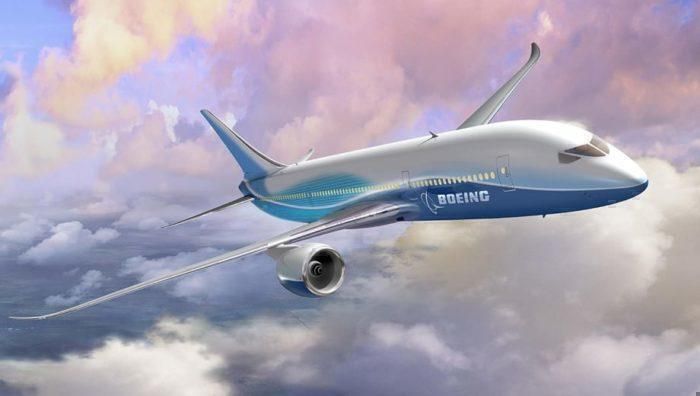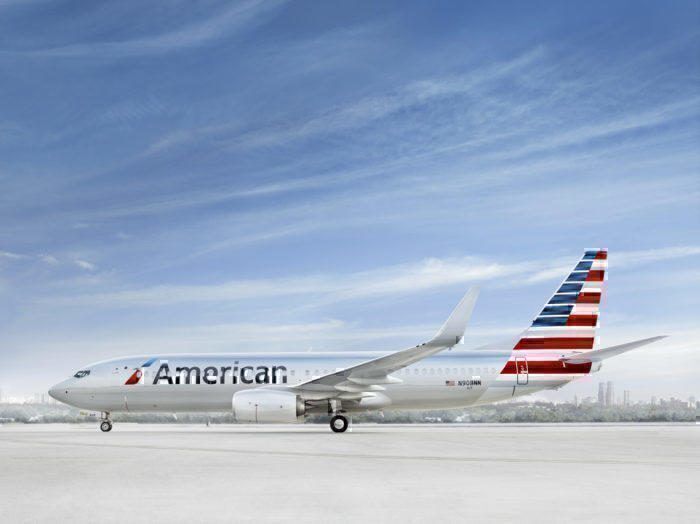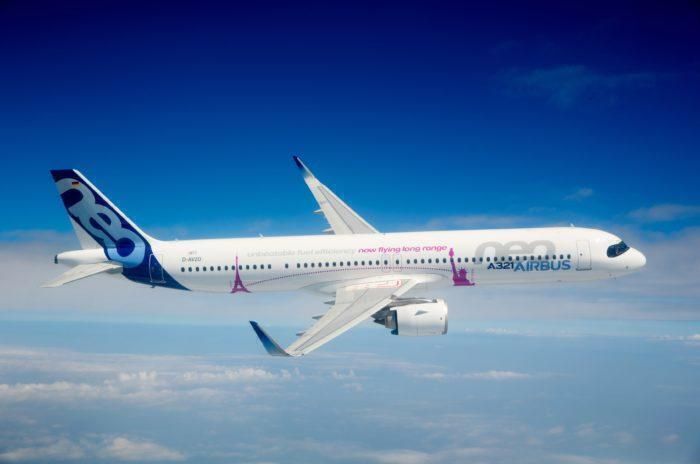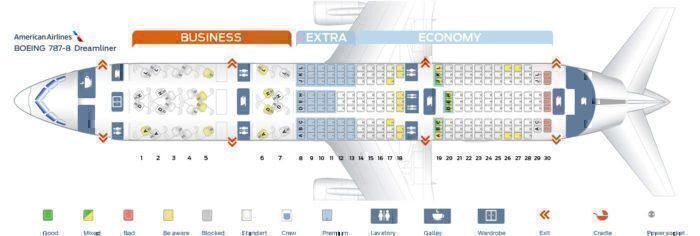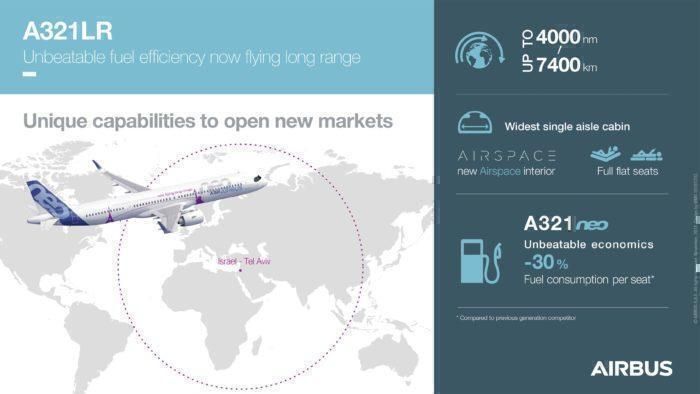In the past, we have covered some controversial VS topics, such as the Boeing 787 vs Airbus A350, or the notorious Airbus A220 vs Boeing 737. But this article might be the most decisive yet!
The aviation world rapidly waits for the announcement of the next generation of aircraft, dubbed the 'New Midsized Aeroplane'. It has been rumored that Boeing will reveal their vision, the Boeing 797, in Paris next year.
Why does the world need a new midsized plane?
For those out of the loop, the midsized plane is designed to fill a very special niche that is currently difficult to do so with Boeing planes.
As you can see from the chart above, Boeing does not have an aircraft that can serve the 250 seat range, but also the flexibility to land at smaller airports.
At first, you might imagine a further stretch of their very successful 737 aircraft, but the problem is that the wings are set too low on the 737 and thus the size of the engines are greatly limited (Otherwise they would drag along the ground).
This is needed for dense routes that are currently being over-served by a Boeing 787 Dreamliner, or under-served by multiple 737 jets. A great example would be the very popular Melbourne to Sydney route, that is short, dense and served by many Boeing 737s and Airbus A320s. The first airline in the market to use the 797 would be able to beat any competition.
[ege_cards_related id="8"]
Plus, it would be a given that the latest 797 would incorporate Dreamliner technology, be more comfortable and be far more fuel efficient. Boeing believes that they could sell up to 4,000 of these aircraft over the next 20 years.
Hence, the world eagerly awaits the arrival of this aircraft.
What about Airbus?
Airbus, of course, has been very quick to point out that they can modify one of their own planes to fill the niche, the Airbus A321XLR.
It has not been officially confirmed, but this would mean they could come to market far quicker than Boeing, and potentially steal a significant chunk of the 4,000 sales.
But which is better? Let's have a look at the rumors and find out what would come out on top from what we know.
How will we be comparing the two aircraft?
Naturally, as neither officially exist yet we will have to make some pretty big leaps of faith.
For the Boeing 797, we will assume that they will use the same technology as the Boeing 787 Dreamliner, and any improvements in the 777x. We will also take dimensions from the older Boeing 757, as it would be around the same size as this aircraft.
Interesting there is apparently going to be two variants of the 797 (Range of 5,000 nmi (9,300 km) with 225 seats), with the stretch version having a shorter range but more seats (range of 4,500 nmi (8,300 km) with 275 seats).
For the Airbus, it will be based off the A321neo or A321LR. Airbus is currently working on the design for an aircraft, so we will take what little rumors we do know as fact.
If we make any mistakes, be sure to let us know in the comments so we can make an accurate as possible article. Again, it is just for fun so take all the numbers with a grain of salt.
Boeing 797 vs Airbus A321XLR
|
Boeing 797 |
Airbus A321XLR |
|
|
Cockpit crew |
Two |
Two |
|
Seating |
228 (2-Class) up to 275 (1-class) |
206 (2-Class) 220 (1-Class) |
|
Exit Limit (Total possible passengers) |
250-270 |
Around 250 passengers |
|
Length |
155 ft 3 in / 47.3 m |
44.51 m (146 ft 0 in) |
|
Wingspan |
124 ft 10 in / 38.0 m span |
35.8 m (117 ft 5 in) |
|
Wing area |
1,994 sq ft (185.25 m2) area |
|
|
Tail height |
44 ft 6 in / 13.6 m |
11.76 m (38 ft 7 in) |
|
Cabin width |
139.3 in / 3.54 m cabin |
3.70 m (12 ft 2 in) |
|
Maximum takeoff weight |
Unknown at this time* |
Just over 100t |
|
Cruising Speed |
Possibly Mach 0.85 |
Mach 0.78 (829 km/h; 515 mph) |
|
Fuel capacity |
Around 11,000 US gal |
Just under 10,000 US gal |
|
Range |
5,000 nmi (9,300 km) |
4,700 nmi (8,700 km) |
*Engines are currently out for tender for the Boeing 797, so thust is still yet unconfirmed.
Passengers
First things first, let's look at passenger capacity. It's made a little more complicated as there are going to be two variants of the Boeing 797, but we will assume 225 in a two-class seating arrangement. The Airbus, on the other hand, will only have around 210 seats in a two-class capacity, leaving a little more to be desired.
This would make it perfect for airlines like Jetblue, who operate to regional airports throughout America and offer two classes on board.
Additionally, the Boeing 797 will be a twin-aisle whilst the A321XLR is a single aisle. The Boeing 797 will allow much quicker boarding and deplaning.
Winner: Boeing 797
Speed
This is where we see the biggest difference between the two companies. Airbus has chosen to go a little slower to be more fuel efficient, whilst Boeing will most likely have the same speed at the Dreamliner. Whether or not this will be a deal breaker for some airlines remains to be seen.
Winner: Boeing 797
Fuel Efficiency
This is the hardest question to answer. Both Airbus and Boeing are claiming that their new plane will be more fuel efficient but until they are built we won't know for sure. But let's have a look at what they are claiming.
Airbus is proposing that their plane will be a continuation of their already excellent fuel efficient A321LR and neos.
Likewise, Boeing is claiming the same 30% fuel efficiency compared to their previous Boeing 757's and 767s. They are even claiming 40% lower running costs than the A330, which would make it a winner in the marketplace (if it doesn't cost too much, see below).
[ege_cards_related id="13"]
The real stalemate killer would be the material that the plane is built from. Will the 797 be made out of metal like the 737, or a lighter composite (thus more fuel efficient) like the 787?
Draw
Range
Whilst these planes will most likely only be operating in the 3,000-4,000 nautical mile range, it is still very attractive to have as long range as possible. The Boeing 797 just scrapes ahead of the Airbus, but the larger variant of the Boeing 797 has a shorter range than the Airbus (only 4,500 Nm).
Winner: Boeing 797
Let's talk about technology!
Both the Boeing 797 and the Airbus A321XLR will be using the latest technology available on the market.
The Airbus will be very comfortable, with a quiet cabin and all the comfort improvements found on the A350 range.
Rumors from inside Boeing have also suggested that economics are more important than comfort, but recent improvements such as better pressurization, fresh air circulation, humidity controlled cabin would go without saying. For specifics, the early 2018 design has a 737 MAX-style tail cone, large 787/777X-sized cabin windows, a 757/767/777-style windscreen, a 767-200 door arrangement, and short engine inlets.
How much will it cost?
It's a bit harder when it comes to figuring out the estimated cost.
The problem is that Airbus is modifying their existing plane, whilst Boeing will be building a new one from scratch, an estimated $10-15 billion USD price difference.
Currently, an Airbus A321LR has a price point of around $114 million USD.
Whether or not it will even be financially viable for Boeing remains to be seen. Boeing has suggested that the price of their new plane will be around $75 million per unit to be competitive, but they might need to charge more to make their money back.
"We're not going to launch this airplane unless the business case makes good sense, We still have time to do our homework and make the right decision, so we're not going to be rushed into a decision here." - Boeing
Overall, the Boeing 797 is designed for the market in mind, whilst the Airbus A321XLR seems like a band-aid solution.
As for me, I hope that we one day see the REAL Boeing 797 that was rumored 20 years ago.
Which plane do you think is better?


